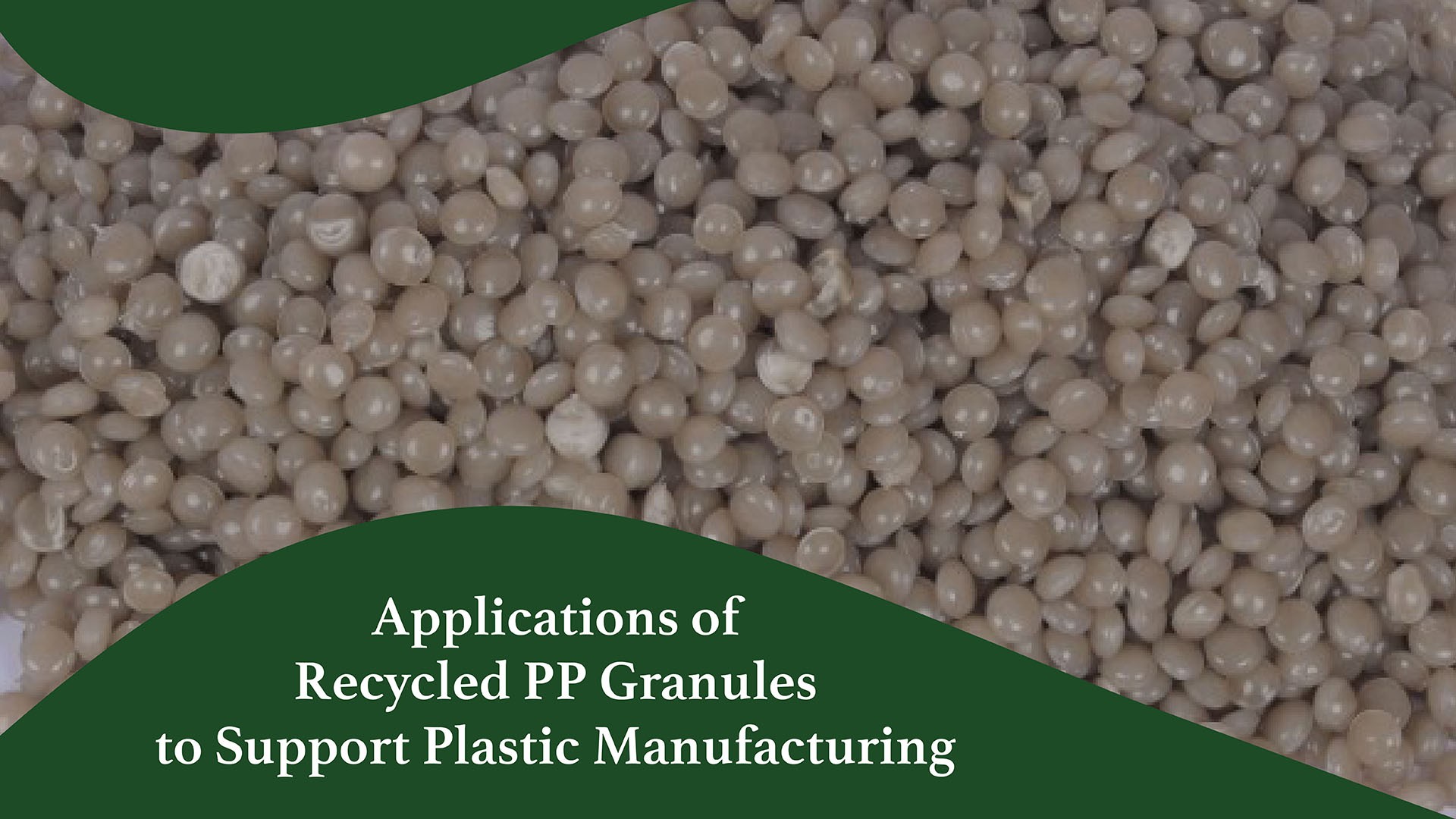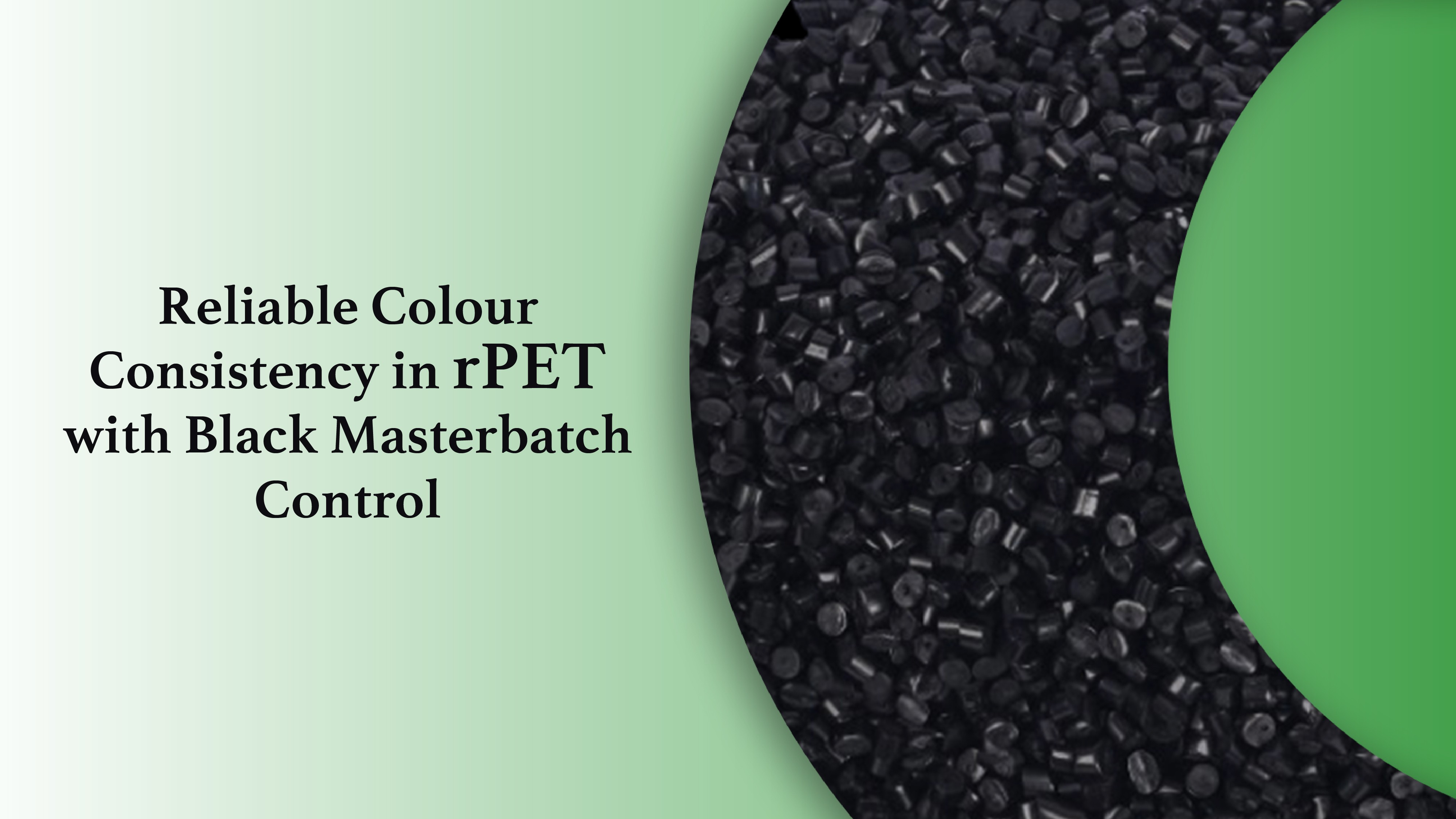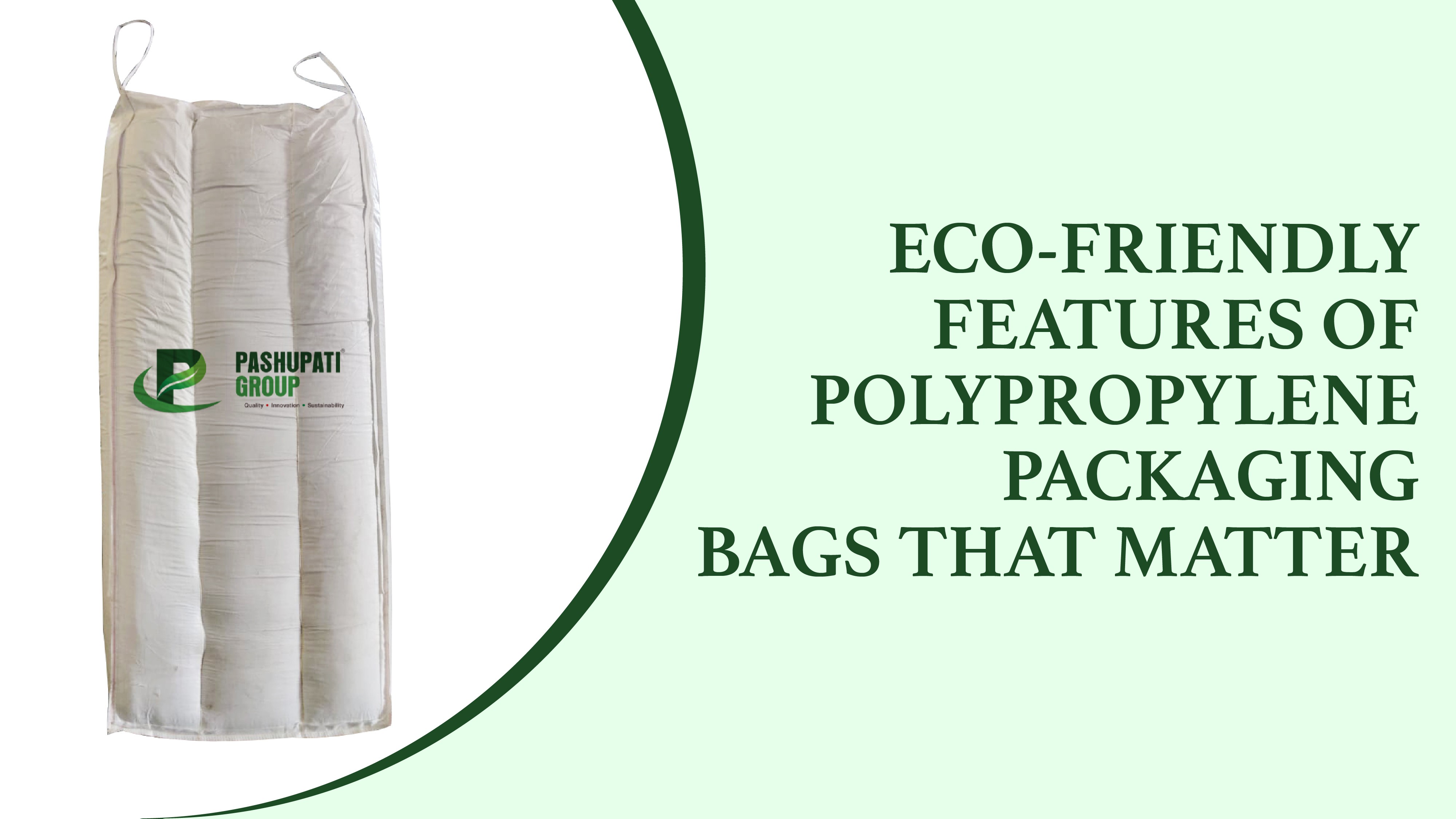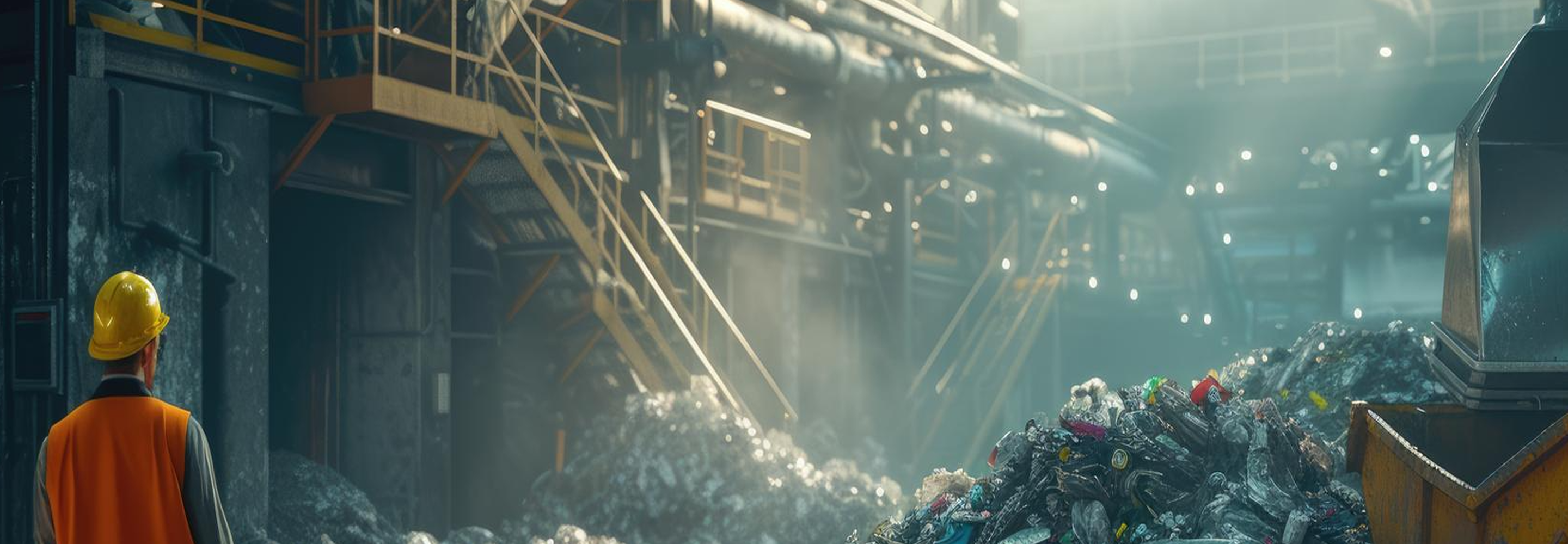
BLOG
POPULAR ARTICLES
Top Tips for Sourcing High-Quality Recycled LDPE Granules
27 October, 2024
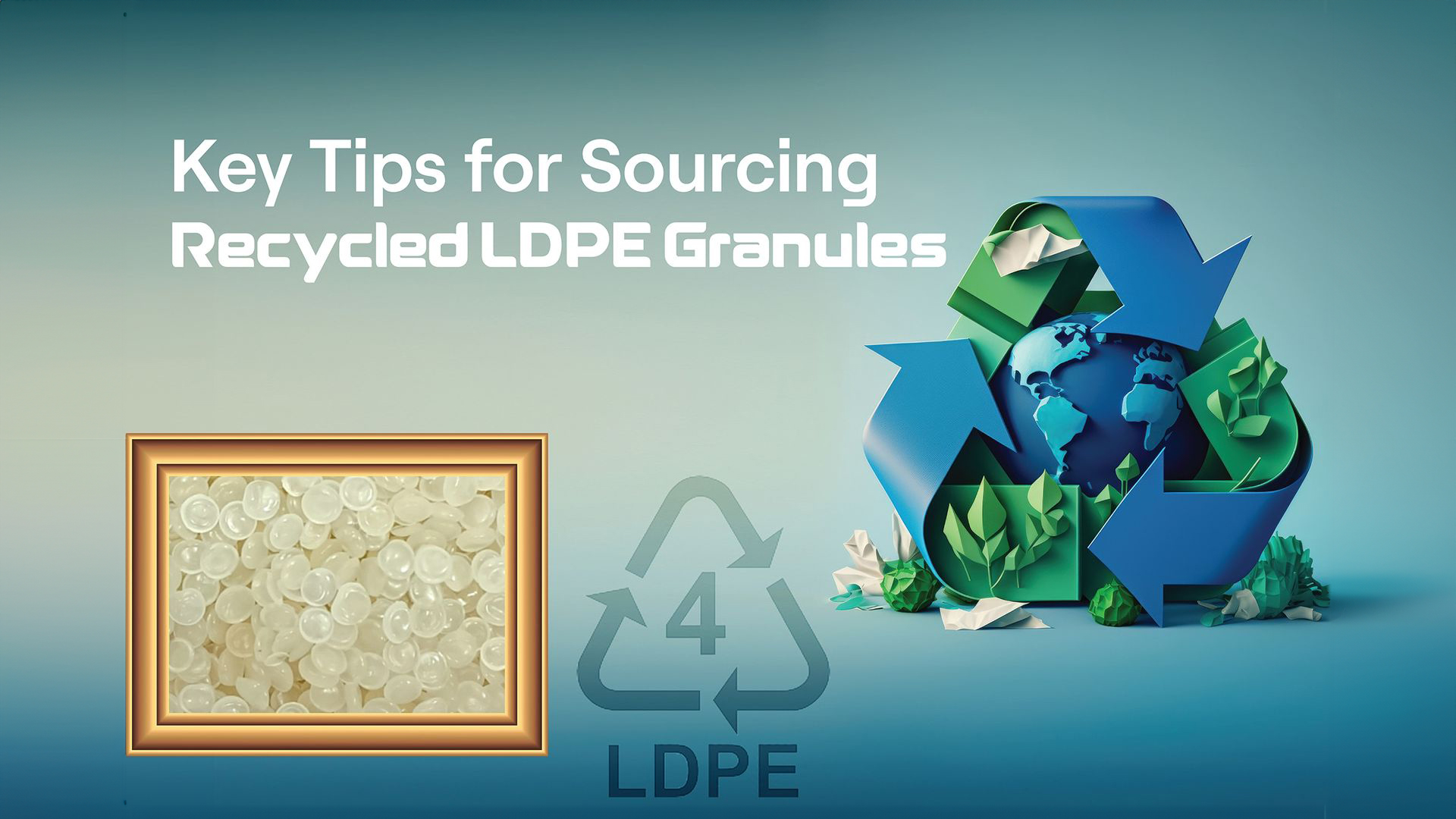
Low density polyethylene (LDPE) is a thermoplastic used to make plastics products like shopping bags, bubble wraps and blown films. It is characterised by its flexibility and thin, soft structure.
However, it is crucial that industries and manufacturers have a proper understanding of how to buy recycled LDPE. Different recyclers produce LDPE granules of multiple quality. It is wise to consider certain important factors that will greatly impact the kind of LDPE that is purchased.
Pashupati Group LDPE Recycling Process
Plastic waste materials from post-consumer as well as post-industrial sources are collected through Pashupati Group own waste collection systems and through other associated partners. The waste is then transported to Pashupati Group own recycling plants where LDPE is separated from non-LDPE materials.
The LDPE waste is cleaned of any food stains, dirt and anything else, and shredded into small manageable pieces. The pieces are melted and moulded into granules. The entire process is being monitored and testing is done at each stage to ensure that the LDPE granules meet Pashupati Group quality parameters.
Advice for Buying Recycled LDPE
Businesses looking to buy recycled LDPE granules should note certain critical variables that will hugely affect the type of LDPE that they end up sourcing.
1.Quality Grades
LDPE plastics are categorized based on factors such as cleanliness, consistency, and the level of contamination, which play a crucial role in determining their overall quality. The quality of LDPE plastic is further influenced by the source of the plastic waste and the recycling process used. The two primary grades commonly discussed in the industry are Post-Consumer Recycled LDPE (PCR-LDPE) and Post-Industrial Recycled LDPE (PID-LDPE).
PCR-LDPE comes from plastic waste generated by consumers, such as plastic films, courier bags, plastic bags, and everyday items. It is considered a more eco-friendly and cost-effective option but tends to have higher levels of contamination, requiring additional processing to maintain quality standards. In contrast, PID-LDPE is derived from industrial sources like scraps and off-cuts from the manufacturing process. While PID is typically cleaner, more consistent, and easier to recycle, it is considered a less environmentally friendly choice compared to PCR due to its industrial origins. Both grades play essential roles in the recycling industry, offering different trade-offs between cost, quality, and environmental impact.
2.LDPE Properties
The LDPE’s chemical mechanical and rheological properties will define how well recycled LDPE will perform during the production process. The main points to consider are the LDPE’s tensile strength, density, melt flow index even color tone (MFI) and the level of contamination.
Tensile strength refers to the strength of recycled LDPE versus virgin LDPE. The strength levels of both LDPE types must match as closely as possible to work. Density is defined by how flexible or rigid LDPE granules are. Different densities are suited to different uses.
MFI measures LDPE’s viscosity when melted, and therefore, acts as a gauge to determine how well the recycled LDPE will be processed in industrial machinery. Lastly, contamination levels vary from supplier to supplier, and must be checked for as little impurities as possible.
3.Certification and Regulation
LDPE granules must meet the required environmental certifications to keep environmental impact to a minimum. Additionally, LDPE used to manufacture packaging material for food and other products should meet all local and global regulations and standards.
4.Reputable Suppliers
A crucial step is to actually source LDPE granules from reputable suppliers, since not all suppliers align with the same quality standards. Suppliers like Pashupati, one of the best LDPE granules manufacturers in India, adhere to stringent quality standards with follow technical data sheet making them a highly recommended choice to source LDPE granules from.
5.Cost
While recycled LDPE granules cost less than virgin LDPE, the price still varies by quality and contamination levels. Businesses need to assess the balance between cost efficiency and quality, sourcing high quality LDPE granules while remaining within budget. Also consider transportation costs, which can increase or decrease based on how near or far the supplier is to the business. Additionally, companies requiring a steady supply of LDPE granules can order in bulk resulting in long-term cost savings.
Conclusion
The considerable financial and environmental benefits of sourcing LDPE granules make them worth the purchase. However, as this article has shown, there are crucial aspects that will impact the quality of LDPE granules TDS a business buys. LDPE sourced needs to be of high quality, meet the necessary certifications and regulations, and align with the business’s production requirements. Careful assessment of all these factors will help make industries make an informed decision that benefits both businesses and the environment.
RECENT BLOGS

